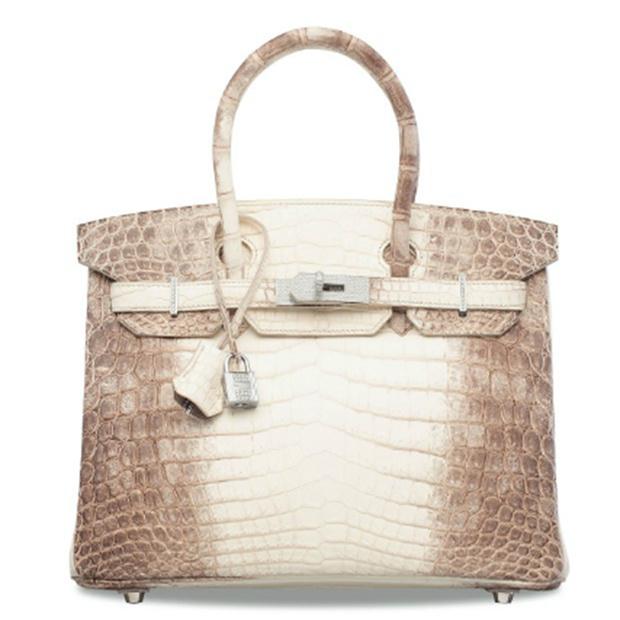Amazon isn't just an e-commerce giant; its runaway success is also giving rise to new business models. Yaba is an example. This company, which is now starting in Spain, is presented as the first aggregator of Amazon sellers in southern Europe. It is a company, based in Barcelona, whose activity is to buy, professionalize and scale businesses that already market their products in the American giant's marketplace.
"The goal is to create a house of brands, a holding company in the style of Procter & Gamble, Unilever or L'Oreal, under which there will be different verticals with brands born and developed in Amazon," its founders, Rubén Ferreiro, David Baratech, Alejandro Fresneda, Sergi de Pablos and Patxi Archanco who, according to what they say, have more than 30 years of experience in e-commerce and online brand management.
Yaba sweeps through the companies that sell on the Amazon platform, identifying the ones that are promising and contacting them. From there, and if the company wants to sell your business, they make an offer for it after doing a due diligence process and, if there is finally an agreement, they buy your business.
“What we buy are brands that were practically born by and for Amazon. Companies that invoice 80-90% of their sales in this marketplace”, explains Baratech, co-CEO of Yaba. The manager adds that after buying these companies they apply a process of standardization and professionalization to take them to a higher level "internationalizing them, also introducing them in other marketplaces, improving their supply, their advertising resources, their customer service, so that allow us to significantly increase their sales. We could even take them in a final phase to the physical channel”.
Yaba has already bought two Amazon sellers (one for beauty products and one for decoration) and is finalizing the acquisition of another three. Their goal is to reach a turnover of 20 million by the end of this year, which they calculate will involve buying between 9 and 12 brands, depending on their size. The company expects to strengthen its portfolio with more than 100 acquired companies in a period of nearly four years.
But why does Yaba only want to buy companies that sell on Amazon? As they explain, because "this is their gigantic marketplace. It has more than 2.5 million active sellers globally and 85% are profitable, something that is quite unique. It is an ecosystem that offers us enormous opportunities, because every day they register 4,000 new sellers. In Spain alone, we have identified more than 1,000 sellers who would meet our investment and acquisition requirements out of a total of more than 9,000 SMEs that Amazon has in its marketplace", adds Fresneda, the other co-CEO.

Ferreiro, president of Yaba, clarifies what are the criteria that the companies that buy must have: They must be their own brands (not distributors), that invoice more than 500,000 euros a year and that have a profitability of more than 18% after paying the commissions to Amazon and pay the cost of product and investment in marketing. Also, they prefer companies that aggregate their sale in few brands. “Around the world, it is estimated that there are between 25,000 and 30,000 Amazon sellers who invoice more than one million dollars,” says the manager.
Sectors of interest and 'ad hoc' contracts
The founders of Yaba assure that they are "agnostic" in terms of the sectors in which to bet, but there are two in which they are not going to enter: electronics and fashion, the first due to its low margins and, the second, due to its high index. of returns. However, they are putting a special focus on four verticals: pet care, home products, beauty and baby care.
In a first phase, they will look for their purchasing opportunities in southern Europe (Spain, France and Italy). The company does not rule out later activating the products of the brands that they buy in Latin America (through, for example, MercadoLibre, the Latin American Amazon) and Southeast Asia in order to generate more additional sales.
The question is why would they want sellers who are doing well to sell their business. “Many are willing to do so because they know of their limitations to promote their business on a larger scale, either due to lack of cash or knowledge. In addition, the purchase agreements that we make are ad hoc and there is always a deferred price in the purchase, so that the owner of that company would continue in some way to be linked to the future growth of the company for 2-3 years”.
Those responsible for Yaba assure that there are sellers on Amazon who are very good at finding opportunities, market niches, and launching brands, but later they are not capable of growing the projects. "They are good at it and we are good at scaling them. They are different skills and structures, and each one must take advantage of their own; they monetize their effort."
Yaba has closed one round of financing (he does not say how much), but admits that they will have to carry out more because this is a business that requires “significant amounts of financing, both equity and debt”. For now, the Bonsai venture capital fund and José Manuel Entrecanales' vehicle have entered the project.
Overweight Categories
When asked if the pandemic, which has driven e-commerce, can mask misleading figures and lead them to click on some purchases, Ferreiro admits that it can happen, but they assure that in their assessments they take into account that jump that has caused the Covid. Even so, he adds that they are finding many companies that continue to grow strongly despite the return to the new normal.
The founders of Yaba also believe that although there is some category that is overweight due to the effect of the pandemic, "the acceleration of electronic commerce is here to stay and growth will continue in the coming years." For this reason, the companies they are looking at and analyzing are somewhat larger in size than they initially anticipated. "We expected to see sellers of an average of 700,000-800,000 euros per year and the opportunities we are looking at are above and with very abrupt growth. We find brands that are doubling their turnover from last year," they say.
To demonstrate how hot this Amazon seller aggregator business is, Baratech says that in the last 12 months in the US alone, 3.5 billion dollars (more than 2.9 billion euros) have been invested in this type of company. Only 1,400 million dollars corresponded to the startup Thrasio, which started in 2018 in that country. Yaba's co-CEO adds one more fact: "30% of the companies that sold a brand to Thrasio went on to sell a second one after a year or a year and a half."
In Europe, there are also a couple of leading aggregators: SellerX in Germany and Herous in the UK. And in Latin America there is Merama. "But there is no operator in southern Europe, so it is a great opportunity for us," all the founders agree.
Yaba currently has a team of 11 people and by the end of the year they expect to be around 30. Some of its promoters are serial entrepreneurs. Ferreiro, an expert in digital marketing, is a founding partner of Lanai Partners; Baratech is co-founder of Ulabox.com and founding partner of Toubkal Partners, and Fresneda is co-founder of MrNoow and Woffu, as well as an investor in more than 15 startups. The management team is completed by De Pablos, who is also a co-founder of Ulabox.com, and holds the position of chief technology officer (CTO), and Archanco, who with experience at JP Morgan, Impulsa Capital and Kiwobo, is the financial director.




